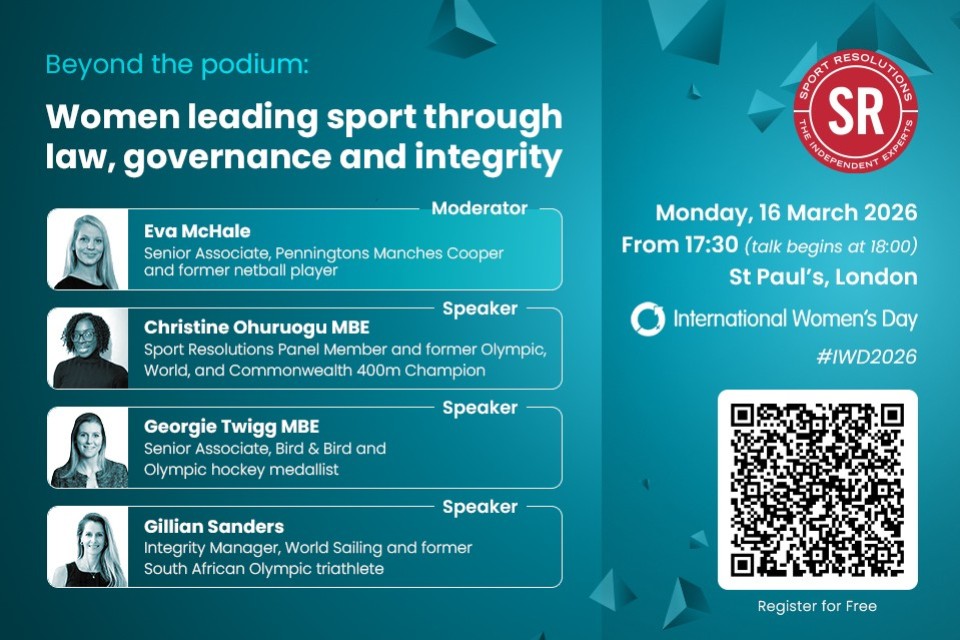Tue, July 27, 2021
German athlete group says protest rules at Tokyo Games are not transparent
To optimise for archiving, the original image and related documents associated with this article have been removed.
Independent German elite athlete group said a hastily-introduced process that potentially allows athletes to protest at the Tokyo Olympics is not transparent, and instead could deter them from highlighting social issues close to their hearts.
The International Olympic Committee (IOC) relaxed its Rule 50, which forbids athletes from any form of protest at the Games, shortly before the Tokyo Olympics started last Friday.
It now does allow athletes to make gestures on the field of play provided they do so without disruption and with respect for fellow competitors and as long as it is not on the podium during the medal ceremony. However, any statement or protest, requires the approval of a working group that includes among other the IOC and the international federation of the sport in question.
In an interview with Reuters, Maximilian Klein, Athleten Deutschland representative for international sports policy told "Allowing free speech... on the field of play seems now entirely dependent on the goodwill of the IOC."
"Failing to get approval could have consequences for the athletes but it is unclear what the sanctions are they could face."
"The process raises serious concerns as it is entirely up to people (in the working group)."
"There needs to be transparent and due process, such reviews should be conducted by independent experts."
"The way the IOC describe it could pave the way for arbitrary decisions. The sanctioning practice still remains unclear. This acts as a deterrent on athletes who plan to make peaceful statements,"
In a ‘Germany's Deutschlandfunk’ podcast, IOC official Christian Klaue said: "Wearing a black armband to show sympathy for a current situation may be viewed differently than a black armband to commemorate an event that occurred long ago."
There have been several protests at the Tokyo Games with the captain of the German women's hockey team wearing a rainbow armband to show support to LGBTQ communities whilst Australia's women's soccer team unfurled an indigenous flag prior to their opening match and several other women's teams took the knee in a signal against racial inequality.



